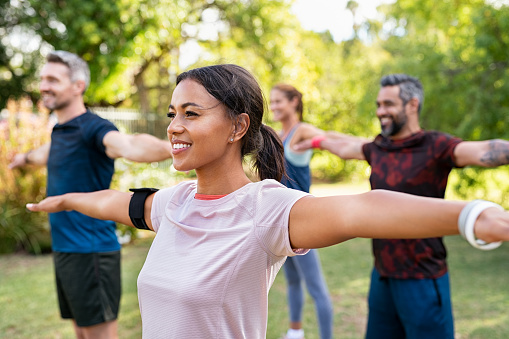The #1 Rated Blood Sugar Formula
10 definitive tips on how to lower blood pressure naturally

High blood pressure (hypertension) is called the "silent killer" for a reason. It often produces no symptoms, but poses a serious risk of heart disease and stroke. And these diseases are among the leading causes of death in the United States.
Blood pressure is measured in millimeters of mercury, which is mm Hg for short. Two numbers are involved in the measurement:
Systolic blood pressure. The top number represents the force of pressure when the heart pushes blood into arteries throughout the body.
Diastolic pressure. The lower number represents the pressure in the blood vessels between beats, when the heart fills and relaxes.
Blood pressure lower than 120/80 mm Hg is considered normal. Blood pressure that is 130/80 mm Hg or higher is considered high.
Here are 10 tips to lower your blood pressure Naturally.
1. increase activity and exercise more
When you regularly increase your heart and breathing rate, over time your heart becomes stronger and pumps with less effort. This, in turn, reduces the pressure on your arteries and lowers your blood pressure.
What activity should you aim for?
However, you don't have to run marathons. Increasing your activity level can be as simple as:
use of stairs
walking instead of driving
housework
gardening
cycling
participation in team sports
Just do it regularly and work up to at least half an hour a day of moderate activity.
2. lose weight if you are overweight
If you are overweight, losing 5 to 10 pounds can lower your blood pressure. In addition, you will lower your risk of other potential medical problems.
A review of several studies reported that weight-loss diets lowered blood pressure by an average of 3.2 mm Hg diastolic and 4.5 mm Hg systolic.
3. avoid too much on sugar and refined carbohydrates
Many studies show that limiting sugar and refined carbohydrates can help you lose weight and lower blood pressure.
Sugar, especially fructose, can increase blood pressure more than salt, according to one 2014 review. In trials lasting at least eight weeks, sugar increased blood pressure by 5.6 mm Hg diastolic and 6.9 mm Hg systolic.
4. eat more potassium and less sodium
Increasing potassium intake and limiting salt can also lower blood pressure.
Potassium is a double winner: It reduces the effects of salt in your system and relieves tension in your blood vessels. However, potassium-rich diets can be harmful to people with kidney disease, so talk to your doctor before increasing your potassium intake.
5. eat less processed food
Most of the extra salt in your diet comes from processed foods and foods from restaurants, not from your salt shaker at home. Popular high-salt items include:
- delicatessen meats
- canned soups
- pizza
- chips
- other processed snacks.






